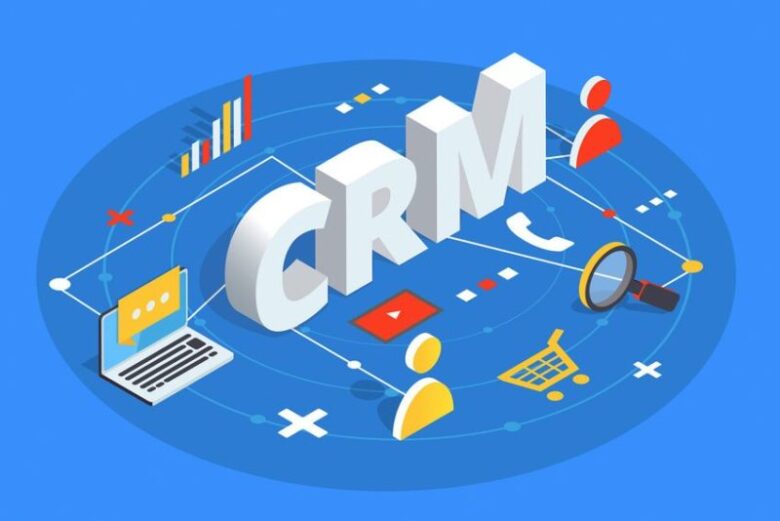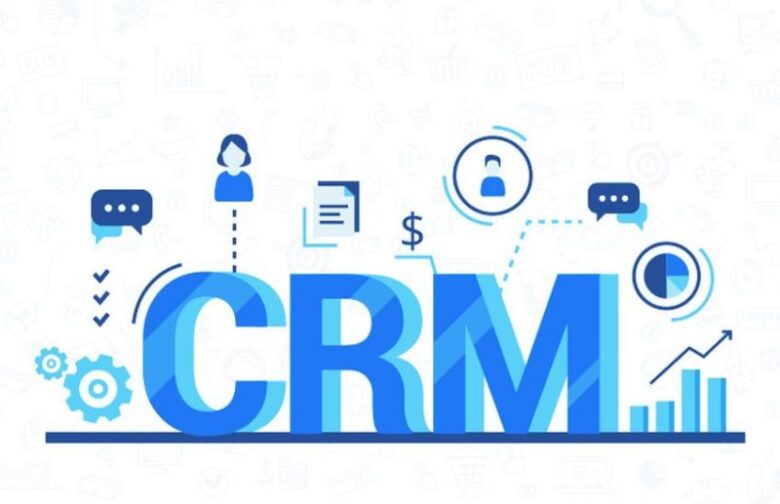Anyone who manages a sales department will realise that efficiency comes first, whether it’s about production, sales or customer relationships and information. Accordingly, efficiency should be increased in every area. CRM is a useful measure that can be implemented.
What Exactly Is CRM?

CRM means Customer Relationship Management and is basically a tool with which the status and circumstances of a customer call, for example, can be saved and accessed, often with the help of a cloud. A CRM tool also has many useful gadgets that provide general information for the company. The biggest advantage of CRM, however, is customer acquisition and attitude. As already mentioned, data can be stored and retrieved in CRM.
So if you have a detailed conversation with a customer, information about it is stored in detail so that there is always access to it. In this way, it is possible to track the customer’s level of information for each employee who might need to advise this customer. It is also possible to check which areas the customer is explicitly interested in, in order to be able to deal with them in detail.
Reduce Errors and Save Money

Many employees believe that CRM means more effort and work. But in the long run the opposite is true. By the exact work of the system above all structural errors and the following expenditure of the correction can be avoided. This relieves both the management of the company and the employees. If the system is used and maintained sensibly, it relieves all areas of the sales department of work. By avoiding errors and reducing effort, profit can be maximized and costs can be saved.
No More Speculations

The fixed data allows you to read and understand exactly what to look out for among individual customers and in which direction the conversations are developing – for each employee that is. It is therefore not necessary to adjust to the customer anew each time or to start the conversation again from the beginning, or to speculate which step would be the most sensible. The stored data offers more than enough information to always have a reasonable starting point available.
CRM, therefore, offers more profit, lower costs and less effort for a sales department, if used correctly. It provides comprehensive information about customers and their existing information. With CRM, the employees themselves can adapt more autonomously to customers, supply them with information and offers and carry out their work more efficiently. As a sales manager, they are given the opportunity to keep a better overview and organize more efficiently than is possible without CRM. More information can be found at the Teamleader website.



